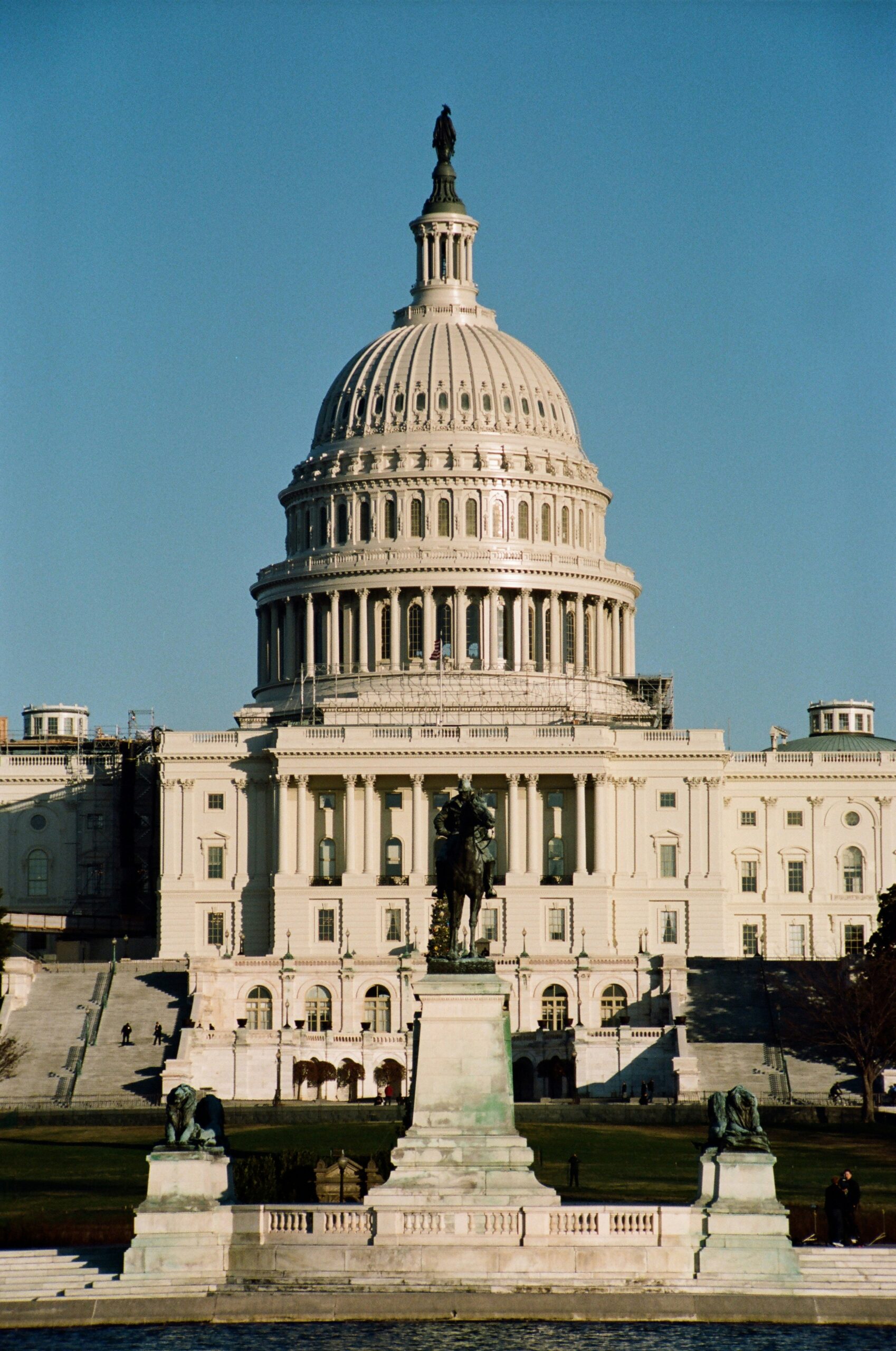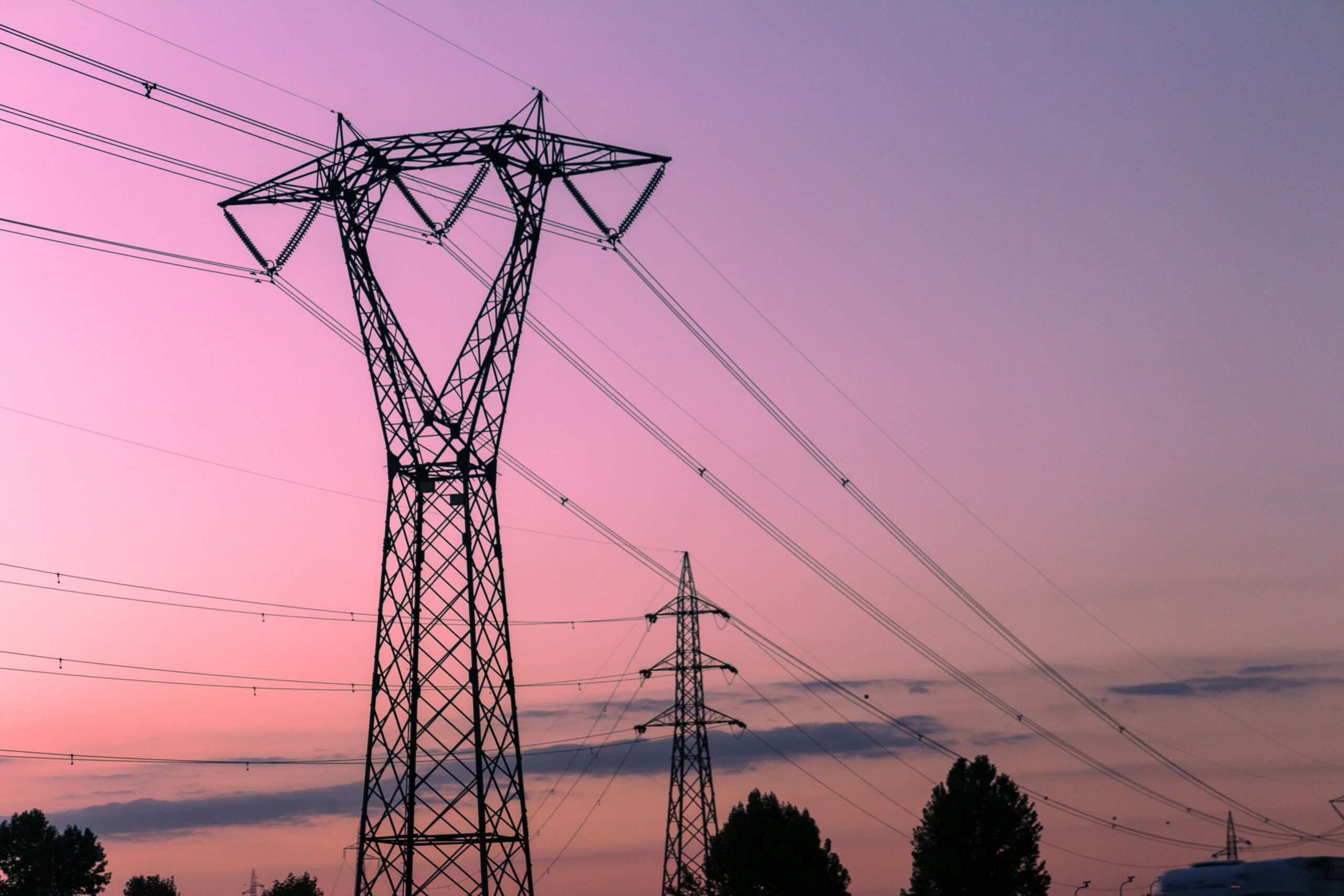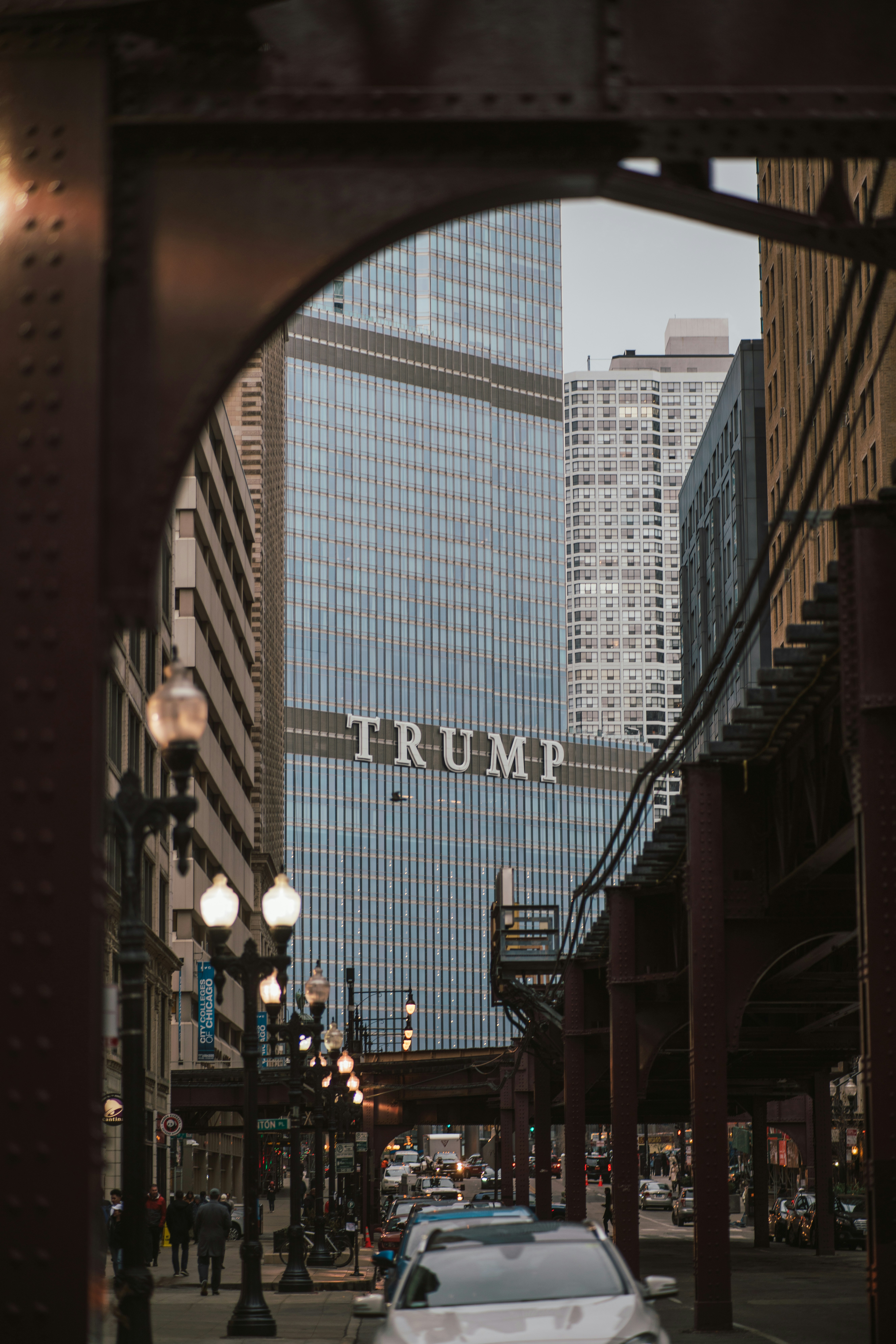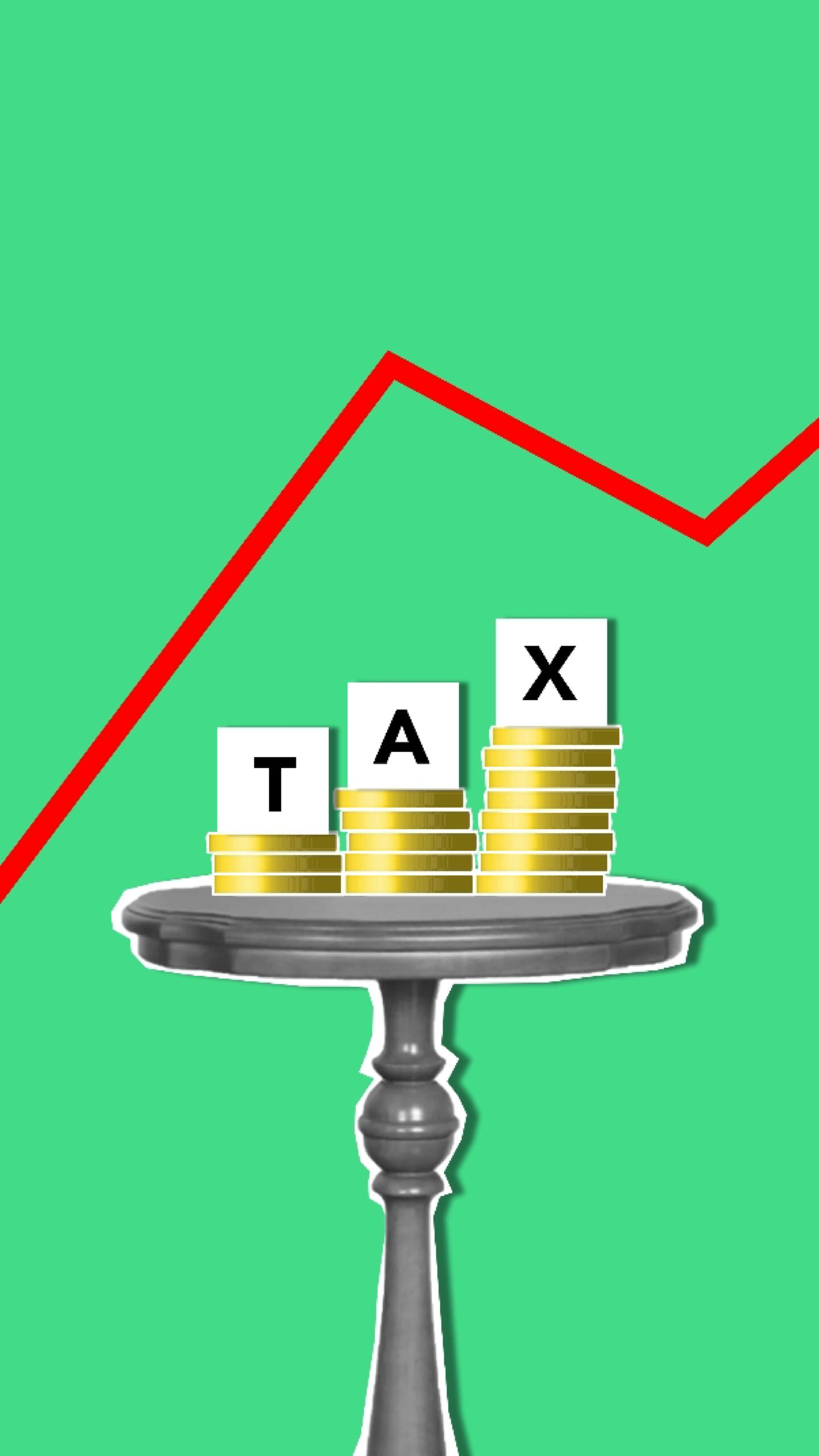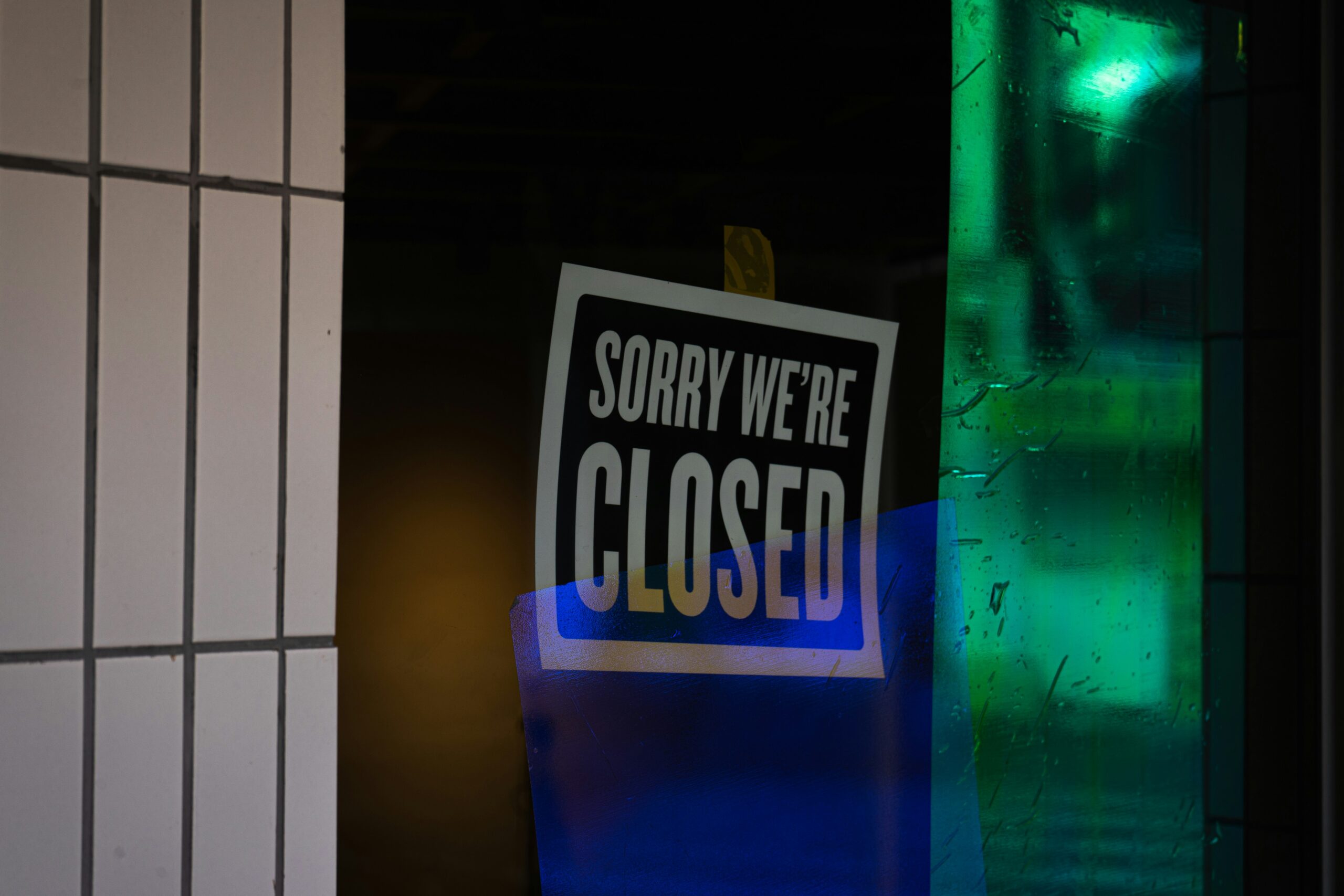Image credit: Unsplash
Once upon a time, there were many search engine options: Yahoo, Bing, AskJeeves, etc. However, while those minor threats may have lingered in the public consciousness for a few years, Google has long since been the de facto search engine for generations of users.
This may be a big problem for Google. According to the unfoldings of a new legal trial, Google hasn’t just illegally cornered the market in search; it’s also directly responsible for squeezing online publishers and advertisers with a “trifecta” of monopolies that have harmed virtually the entire World Wide Web. The US Department of Justice said as much this past Monday in a Virginia federal courtroom.
This highly-anticipated Google-DOJ showdown focuses on the $31 billion portion of Google’s ad business that matches website publishers with advertisers. This “stack” of technologies determines what banner ads appear on countless sites across the web. Even if that technical jargon sounds foreign to your ear, you’ve undoubtedly encountered this in your online experiences: Google specifically tailoring ads to your prior searches.
The Biden administration’s lawsuit, filed in 2023, claims Google has used anticompetitive mergers, self-dealing, and auction manipulation to reduce competition and cement its dominance, resulting in higher prices for publishers and advertisers.
“Google is not here because they’re big,” a senior DOJ attorney, Julia Tarver Wood, told District Judge Leonie Brinkema in the trial’s opening minutes Monday. “They’re here because they use that size to crush competition.”
To many’s surprise, though. Google stepped up to the plate and fought hard against what they believe are erroneous accusations. The US government has “gerrymandered” its way to a court case, the company responded on Monday, leading to “absurd results” that don’t reflect the modern realities of internet advertising.
The primary defense that Google has taken thus far is best summed up by Karen Dunn’s opening statements for the company: “The government’s lawsuit is like a time capsule, where if you break it open there would be a BlackBerry, an iPod, and a Blockbuster Video card.”
In other words, Google is very much taking the stance that the DOJ and its members who have brought this lawsuit to fruition are not well-versed enough in the modern mechanics of the internet to comprehend how Google and its algorithms function fully.
Of course, this is coming months after Google suffered its biggest court defeat in company history. A federal judge sided with state and federal officials and ruled its flagship search engine an illegal monopoly.
The DOJ’s complaint even names the US Army as one of the advertisers allegedly harmed by Google’s practices. According to the lawsuit, the US government has spent $100 million on buying internet ads since 2019.
“One monopoly is bad enough, but a trifecta of monopolies is what we have here,” said Wood, the DOJ attorney, referring to Google’s publisher ad server business, its advertising exchange AdX, and its advertiser ad network. In each line of business, Wood said that Google has at least half of the market, by some measure, as much as 91%. “The rules are set such that all roads lead back to Google,” Wood added.
It is unclear what specific penalties Google could face if Brinkema ultimately agrees with the DOJ. The trial beginning Monday is merely a first step in determining whether Google broke the law. Still, a breakup of Google’s ad tech business could trigger a shakeup of the digital advertising industry and Google’s role within it.
The US government believes a breakup would create new or different financial incentives for everyone in the market. But Google has argued it might instead harm smaller websites that rely on its tools or merely serve to benefit other large, established giants in the digital ad industry.














































